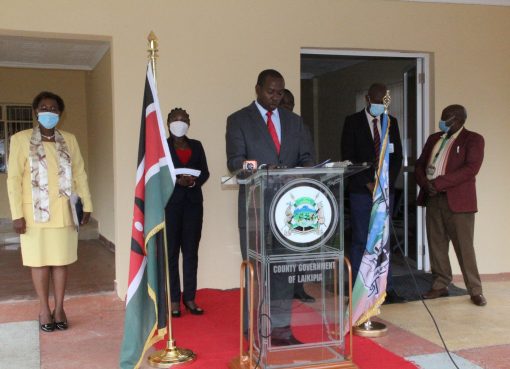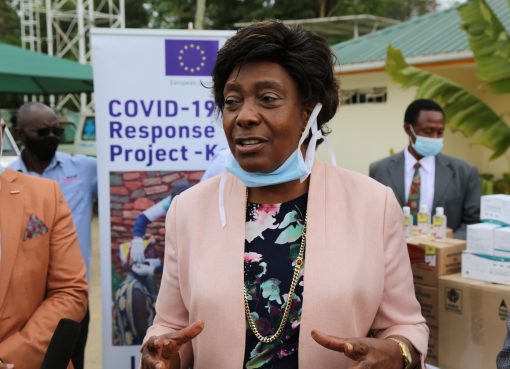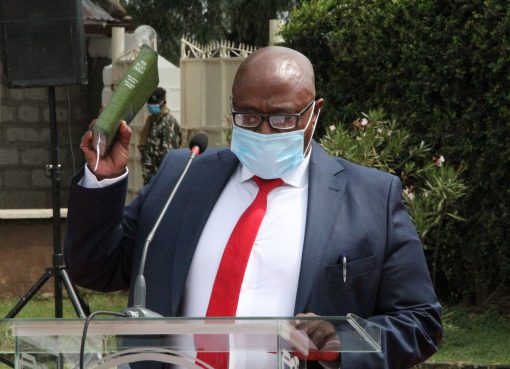The Sewerage Connectivity in Eldoret town is set to be expanded at a cost of Sh.400 million funding from the African Development Bank (AFDB).
According to the Sewerage Manager at the Eldoret Water and Sanitation Company, (ELDOWAS) Lawrence Sum the contractor has already started design works in seven areas that are expected to benefit from the expansion project.
Speaking on Thursday during the county development implementation and coordination committee (CDICC) meeting that was Chaired by Uasin Gishu County Commissioner (CC), Abdi Hassan, Sum said the project will increase sewerage connectivity uptake in Eldoret to 60 percent.
“Our current uptake through the existing sewer lines is only at 30 percent which is very low,” he observed.
Among the areas targeted are Kipkorgot, Annex, Kimumu, Upper and Lower Elgon view.
Sum said once the designs are complete, a decision will be made to establish if the ADP funding will be sufficient to
expand the sewerage lines in the seven estates.
‘’Extending sewage line connectivity will go a long way in enabling the county government to manage waste and avoid risk of spreading of waterborne diseases,’’ said Sum.
Meanwhile, Eldoret town residents will be forced to pay more for water services to cover the cost of water supply once the Kipkaren Dam project becomes operational.
The Chief Officer (CO) for Water, Environment and Natural Resources at the Uasin Gishu county government Simon Kemei said the Kipkaren Dam project will use a pumping system to supply water to the residents which will increase the water cost.
“We shall be forced to transfer the additional cost to the consumer,’’ said Kemei during a CDICC meeting at the Uasin Gishu County Commissioners office on Thursday.
The Sh. 1.3 billion African development Bank funded project will supply an additional 24000 cubic metres of water daily to Eldoret town. It is expected to be completed within 30 months.
On the just commissioned Ellegerini Pipeline and expansion of Kapsoya water treatment works funded at a cost of Sh. 625 million by World bank , Kemei said the project was still underutilised due to the prolonged drought.
“The project has a capacity of 9000 cubic metres daily but we are currently pumping 5000 cubic metres of water at night,” he said.
By Kiptanui Cherono




